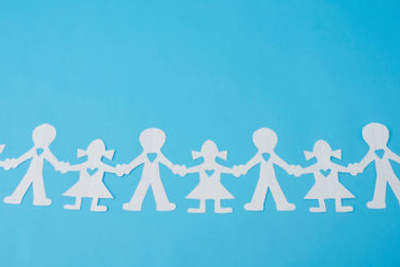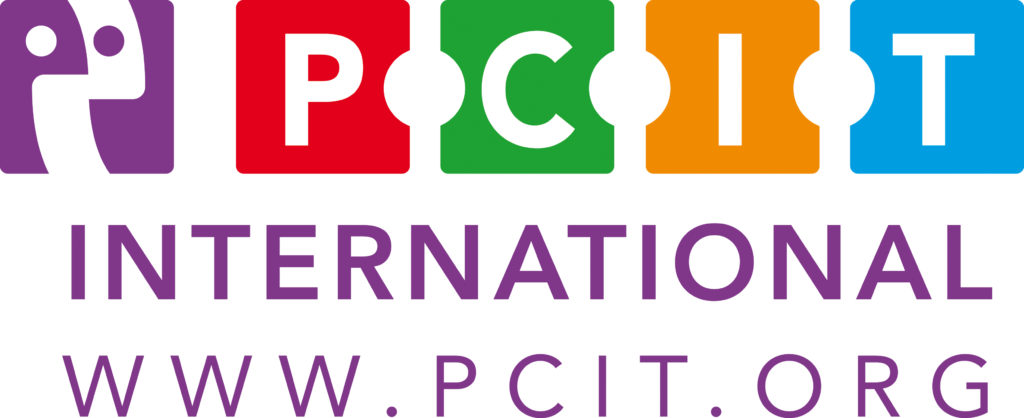(PCIT)
Are you looking for more positive ways to teach and interact with your child?
Do you want to enhance your parent-child relationship?
It may be time for Parent-Child Interaction Therapy.
This is a 14-20 session parent training intervention that teaches caregivers specific behavior management techniques as they play with their child. PCIT focuses on improving the caregiver-child relationship and increasing children’s positive behaviors.
PCIT-Toddlers (9 months – 18 months)
PCIT (2 – 7 years old)
PCIT for Older Children
PCIT consists of about 14-20 sessions and has two phases:
Child Directed Interaction (CDI)
Caregivers are taught the PRIDE skills Praise, Reflect, Imitate, Describe, Enthusiasm. Caregivers follow the child’s lead and learn the benefits of positive attention and re-direction.
Parent Directed Interaction (PDI)
Caregivers learn to provide effective instructions and specific positive behavior management techniques as they play with their child. Caregivers are taught how to implement consistent, predicatable routines to help them follow through and encourage trust among caregivers and their children.
Our team support parents as they learn the PRIDE skills. Caretakers quickly become confident and proficient in skills with the child.
We provide immediate feedback to caregivers. PCIT is fun for both the parent and the child! Caregivers generally see marked improvements in 3-4 sessions.
After each session, Caregivers are given homework to practice skills with their child daily.
PCIT is backed by 20 years of research. Research reveals that parents and caretakers completing PCIT typically demonstrate improvements in reflective listening skills, use more prosocial verbalization, direct fewer sarcastic comments and critical statements at their children, improve physical closeness to their children, and show more positive parenting!
$150 per session

How Does PCIT Work?
PCIT is done across two treatment phases. The first phase of treatment focuses on establishing warmth in your relationship with your child through learning and applying skills proven to help children feel calm, secure in their relationships with their parents, and good about themselves.
Desired outcomes of the first phase of treatment in PCIT include:
- Decreased frequency, severity, and/or duration of tantrums
- Decreased activity levels
- Decreased negative attention-seeking behaviors (such as whining and bossiness)
- Decreased parental frustration
- Increased feelings of security, safety, and attachment to the primary caregiver
- Increased attention span
- Increased self-esteem
- Increased pro-social behaviors (such as sharing and taking turns)
Desired outcomes of the second phase of treatment in PCIT include:
- Decreased frequency, severity, and/or duration of aggressive behavior
- Decreased frequency of destructive behavior (such as breaking toys on purpose)
- Decreased defiance
- Increased compliance with adult requests
- Increased respect for house rules
- Improved behavior in public
- Increased parental calmness and confidence during discipline

